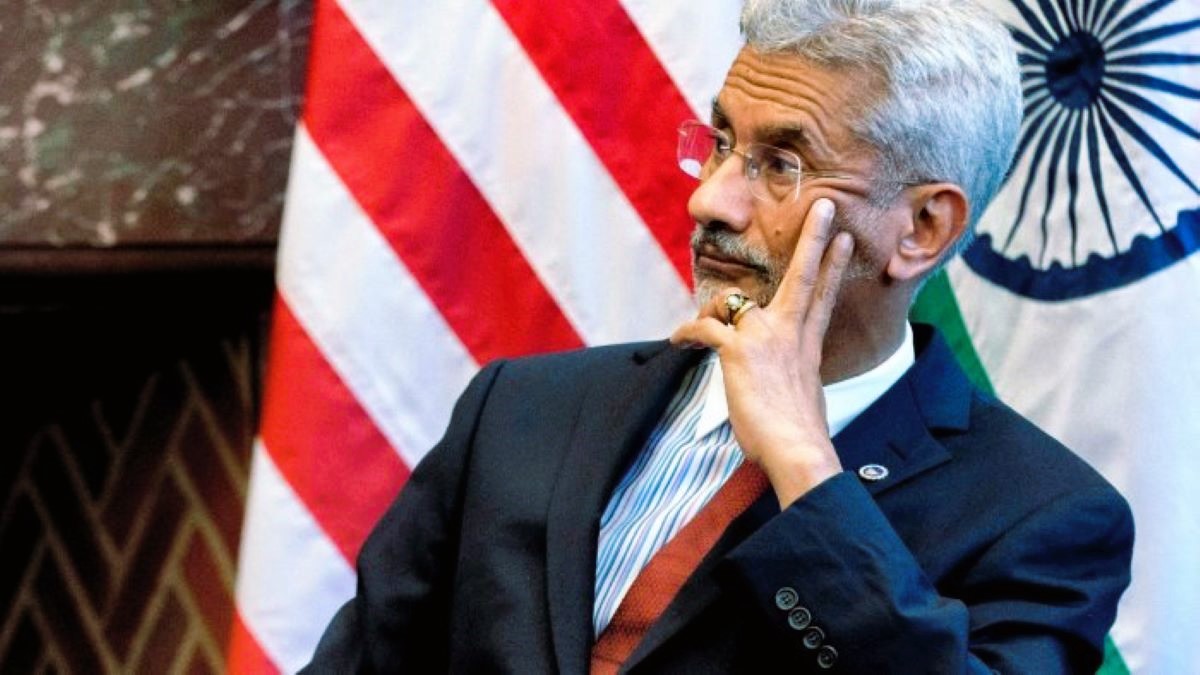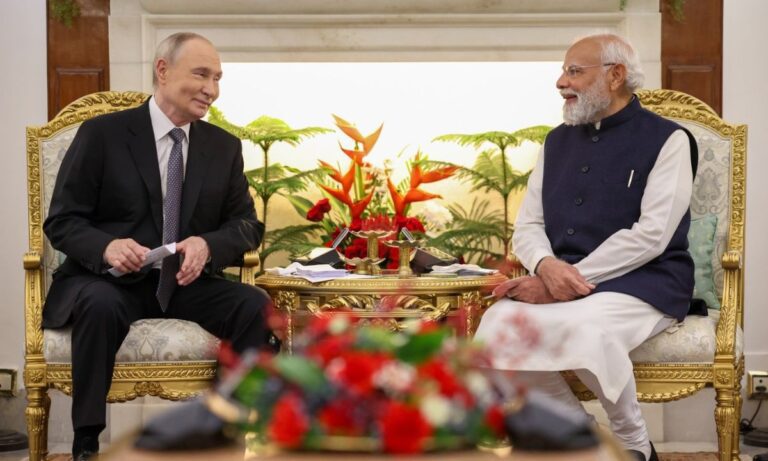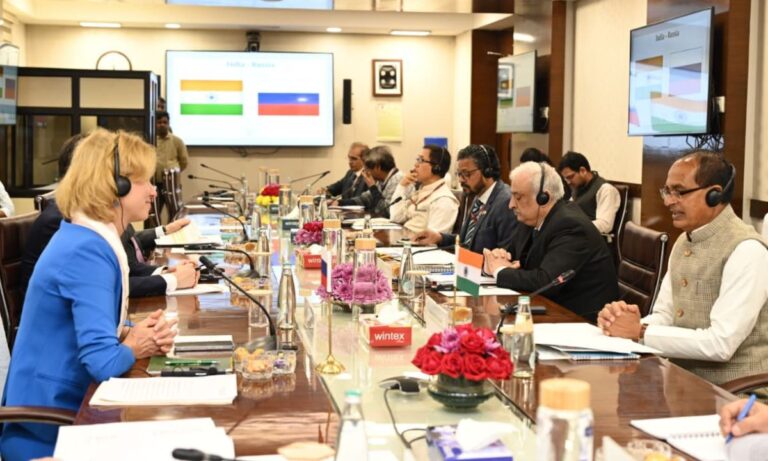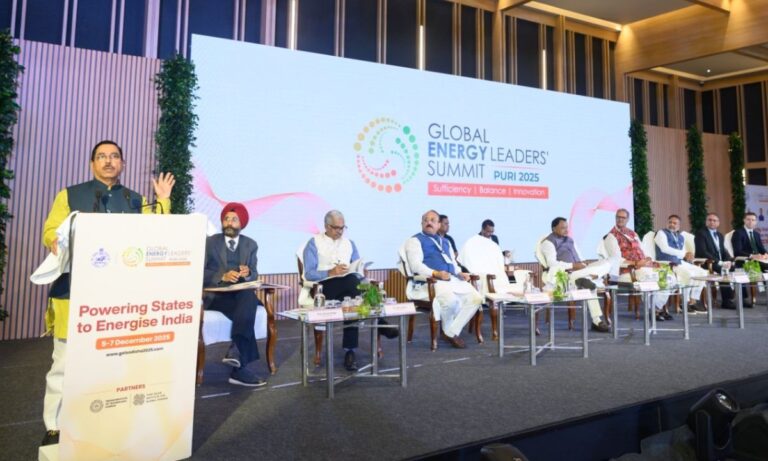
India Rejects Visas for U.S. Govt Panel on Religious Freedom, Citing Lack of Jurisdiction
India’s refusal to grant a travel request to members of the U.S. Commission on International Religious Freedom (USCIRF) has sparked controversy and highlighted differing perspectives on the assessment of religious freedom within the country.
The Indian government has stated that foreign entities lack the standing to evaluate the constitutional rights of Indian citizens. This decision comes in the wake of criticism faced by the Indian government regarding attacks on Muslims and exclusionary policies. Foreign Minister Subrahmanyam Jaishankar firmly rejected the USCIRF’s surveys and emphasized that India alone has the authority to evaluate the state of religious freedom within its borders.
India’s Stance on Foreign Assessments
Since assuming power in 2014, the Indian government, led by Prime Minister Narendra Modi, has faced criticism regarding its treatment of religious minorities, particularly Muslims. The USCIRF’s recent report, which called for India to be designated a “country of particular concern” along with China, Iran, Russia, and Syria, further intensified the scrutiny. The report urged sanctions against officials of the Modi government due to their exclusion of minority Muslims from a new citizenship law.
Foreign Minister Jaishankar responded to the USCIRF’s report by asserting that the Indian government firmly repudiates the commission’s surveys. He described the USCIRF as biased and prejudiced, lacking adequate knowledge of the rights of Indian citizens.
In a letter to a parliamentarian from the ruling party, Jaishankar emphasized that the government had denied visas to USCIRF teams seeking to visit India, as there were no grounds for a foreign entity to pronounce on the constitutional rights of Indian citizens.
USCIRF’s Perspective
The USCIRF, a bipartisan U.S. government advisory body, monitors religious freedom abroad and provides policy recommendations to key decision-makers. The commission expressed a desire for constructive dialogue with the Indian government, highlighting India’s status as a pluralistic, non-sectarian, and democratic state. USCIRF spokesperson Danielle Saroyan Ashbahian stated that India should have the confidence to allow their visit, providing an opportunity for direct and constructive communication with the commission.
Sovereignty & Constructive Dialogue
The Indian government’s decision to reject the USCIRF’s travel request is rooted in its assertion of national sovereignty and the belief that foreign entities cannot accurately assess the rights of Indian citizens. This stance reflects India’s commitment to evaluating its own religious freedom situation and engaging in dialogue on its own terms.
While international bodies and foreign entities can provide valuable perspectives on human rights, each country has the prerogative to assess its internal affairs independently. The USCIRF’s policy recommendations, although not binding, serve as a reminder to the Indian government of the concerns raised by international observers.
India’s decision to decline the USCIRF’s travel request emphasizes its position on evaluating religious freedom within its borders. The government believes that foreign agencies lack the standing to assess the constitutional rights of Indian citizens. While the USCIRF seeks constructive dialogue, India asserts its sovereignty in determining the state of religious freedom in the country. This episode highlights the importance of open communication and understanding between nations to bridge gaps in perception and work towards shared goals of upholding human rights and promoting religious freedom.






